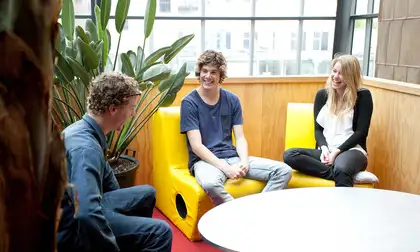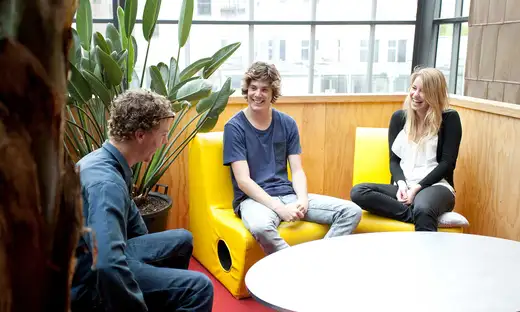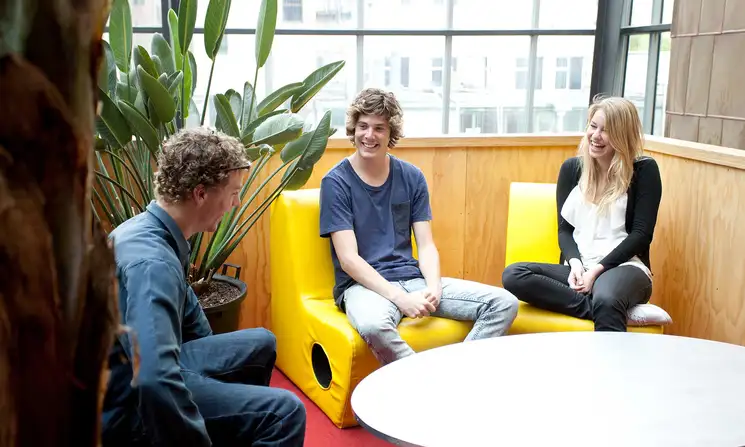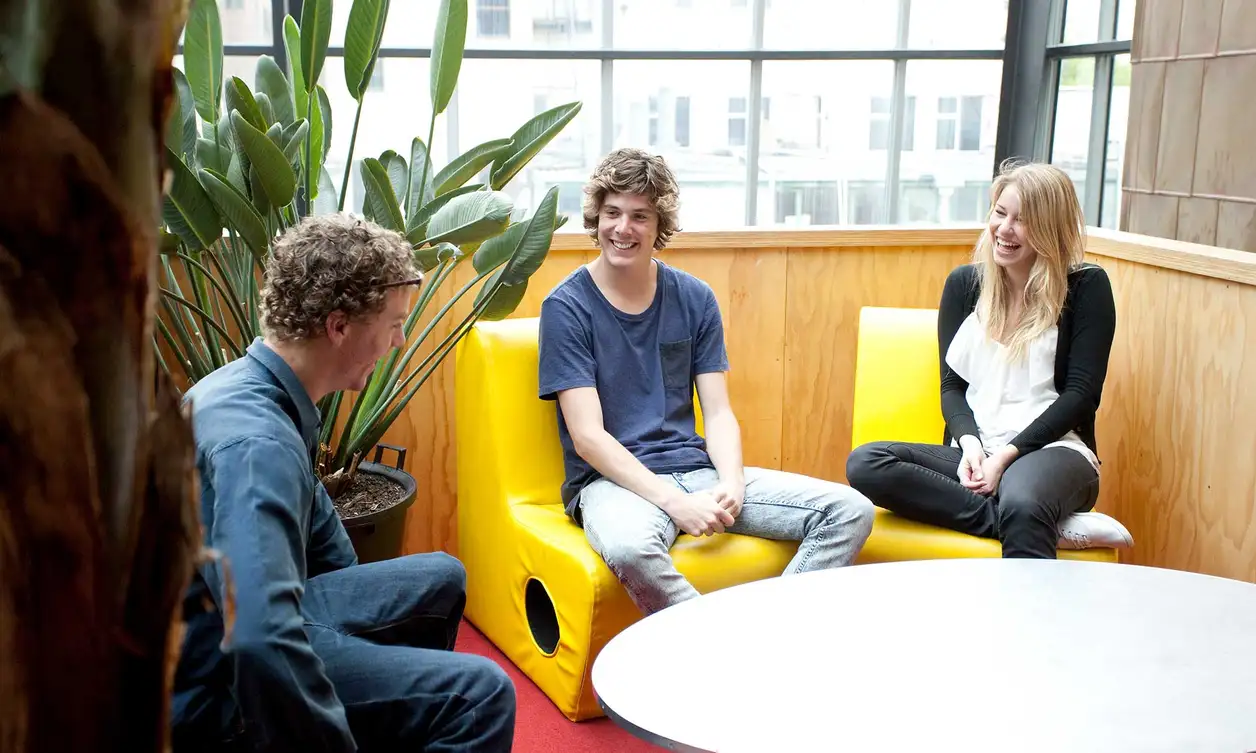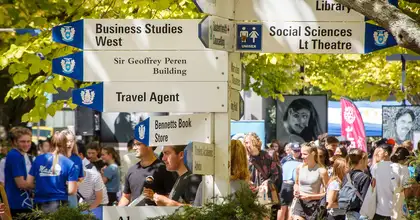
While we hope you never need to complain about your experience with us, if you do we want that process to be straightforward and transparent.
Here is some guidance to support you and help you understand the different types of complaints, and the different processes used, depending on what you would like to achieve by raising your concerns.
Types of complaint
There are three main sorts of complaints:
Academic
A complaint about your academic experience or an academic outcome. Examples may include issues with teaching quality, assessment, supervision or administration, such as:
- significant delay in returning assignments
- unfairness in grading or marking
- the material provided is inadequate.
Behaviour
A complaint about the behaviour of either a staff member or a student. Examples may include inappropriate comments, rudeness or bullying, sexual harm, comments about your appearance, race, religion, background or beliefs.
We follow student disciplinary regulations when a formal complaint is made about the behaviour of a student.
Service
A complaint about the service that you have received from us. Examples may include the enrolment process, student fees or facilities.
Resolving your concern
We have three classifications that are used to explain the type of experience and advice you may receive.
Concern – making information known about your concern.
We encourage you to chat to our friendly staff and share information with them. Raising a concern with a staff member gives you the opportunity to share your thoughts, how you are feeling, and be provided with support by our student care teams.
As part of sharing your experience you will be provided with information about options, such as a named disclosure (sharing personal sensitive information), an anonymous disclosure, or taking it the next step of an informal or formal complaint, or consulting the university disputes advisor for advice on process. You may then decide that you are not ready to make a complaint – the decision will always rest with you.
Informal – talking to understand and resolve issues. Connect and explore options
Sometimes the best way to resolve an issue is with a process that is informal but involves both parties discussing the concerns and working together to create a positive solution.
Under the Student Complaints and Grievance Procedures the university provides for the option of mediation assistance at all stages of the dispute resolution process. This applies to Academic, Behaviour and Service complaints if the issue involves any allegation of academic disadvantage, and follows the principles of natural justice.
Tell us what aspect of making a complaint you need help with, such as arranging a meeting with students or staff involved to see if you can resolve the issue directly. Tell us how you would like the issue resolved. What are your expectations? What outcome are you seeking?
Your class representative can work on your behalf to advocate for a positive change in your courses, and they are also able to raise issues anonymously. You can find your class rep on your class stream site.
Formal – formal investigation process. Assess and decide outcome
Formal complaints may, where appropriate, result in a formal, documented investigation and outcome, assessing whether the issue is a breach of university policies and procedures. You would not remain anonymous. The people or service you are complaining about will be advised that a complaint has been made against them, and what your complaint is about. The investigation purpose is to listen, inquire and decide the outcome.
A range of people can support you through this process including your student association advocacy co-ordinator or our student care advisors.
Examples of the sorts of issues we can investigate include awarding of marks or grades that have not been fairly gained by students, failing to follow policy or regulations, harmful behaviours.
Overview
You may find this one page visual overview of the layers in making a complaint helpful.
How to make a complaint
If you would like help to navigate the process of making a complaint, fill out this confidential complaint process advice form to guide you.
More detailed information is available in the related links and documents below.
If you have tried to resolve your concern with Massey through our informal, formal and appeal processes but are dissatisfied with the outcome you are able to further your concerns.
Related content
Student Contract
Read the Massey University Student Contract.

Code of Student Conduct
Read the Massey University Code of Student Conduct.

Harassment & racial discrimination
Bullying, harassment and discrimination is not okay at Massey. We can help you stop harassment of any kind.
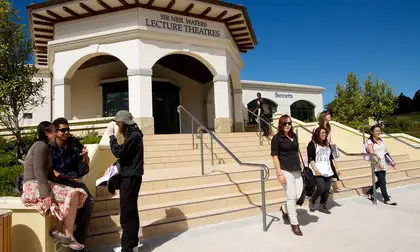
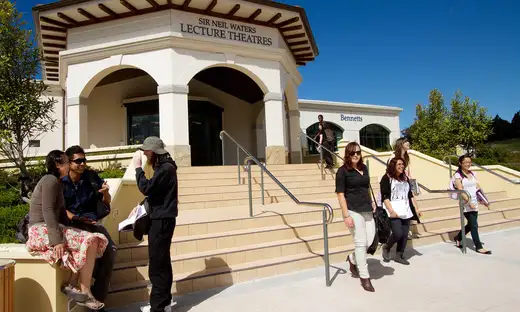
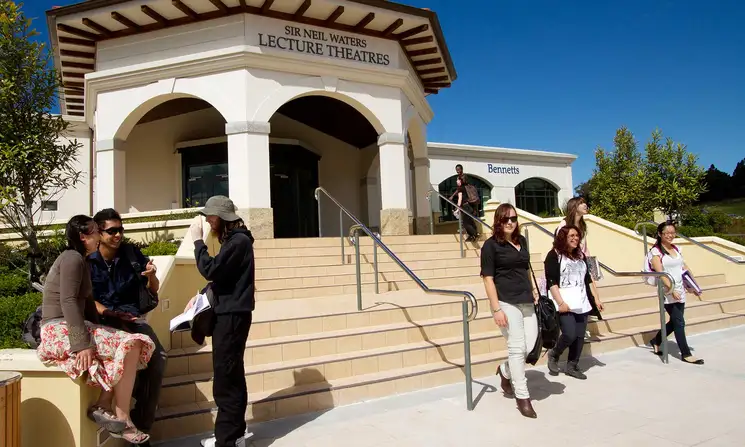
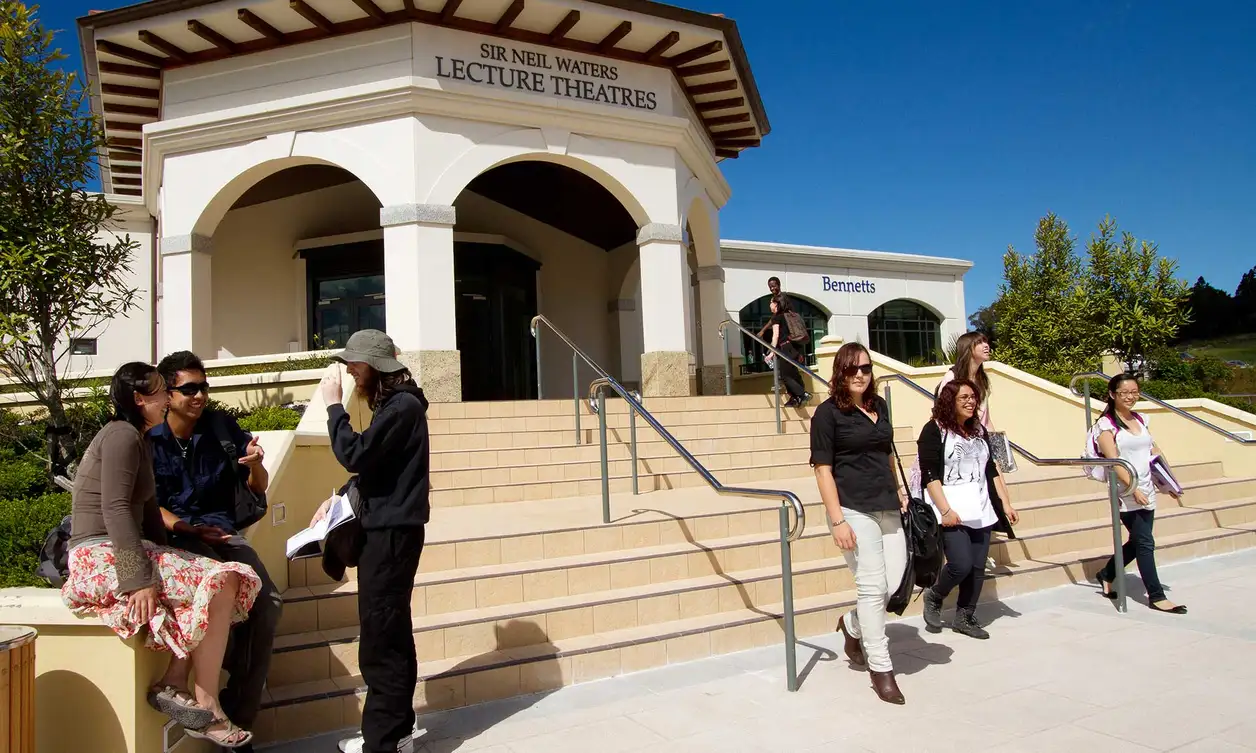
Sexual harm help & support
Sexual harm is not okay. If you are feeling unsafe, or have experienced or seen behaviour that concerns you, you can report it and get support.
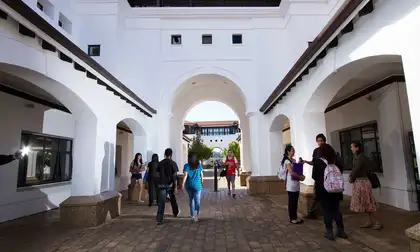
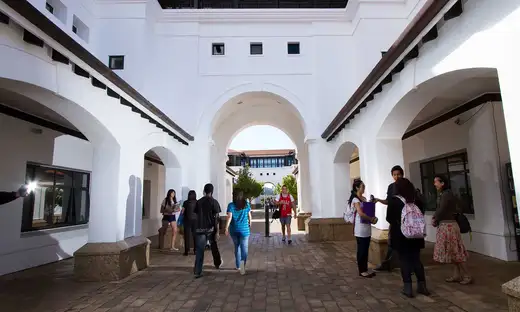
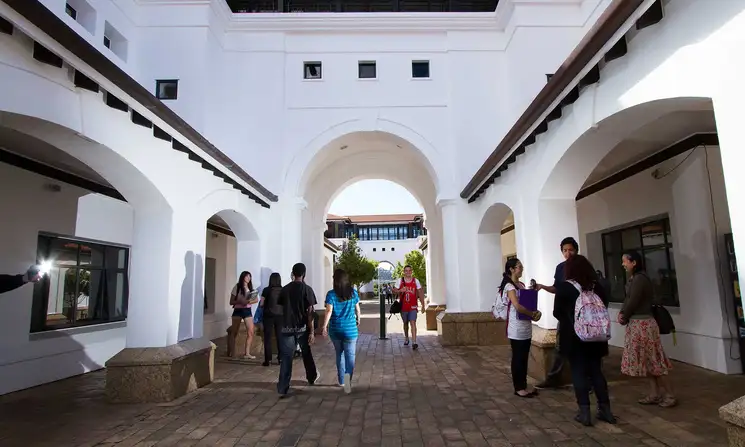
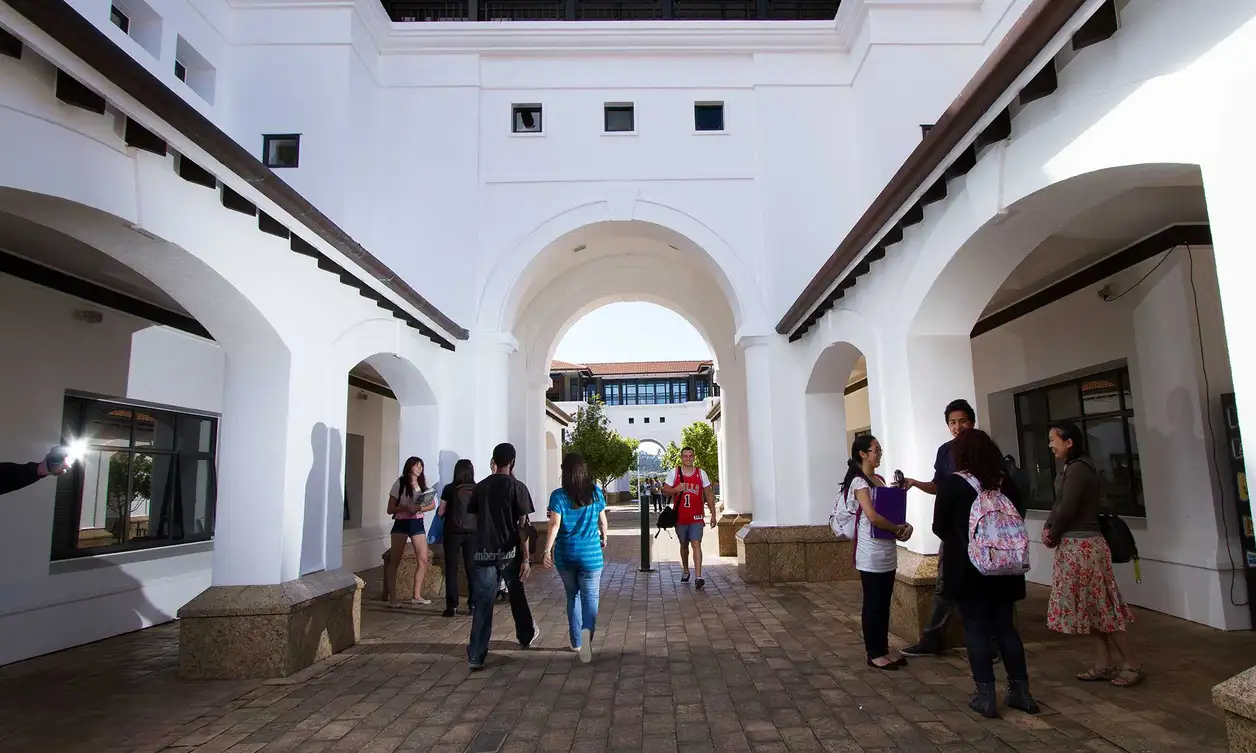
Assessment and examination regulations
Read the Massey University Assessment and Examination Regulations.

Independent support and advocacy services
Get free and confidential support with academic complaints or concerns, financial difficulties and tenancy issues.
